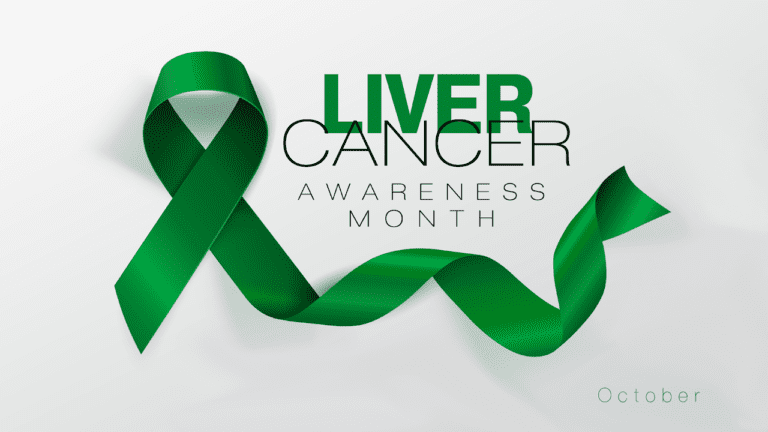Every October, during Liver Cancer Awareness Month, we at the National Cancer Institute of Kenya (NCI–K) join the global health community in raising awareness about one of the world’s most preventable yet deadliest cancers, liver cancer.
Liver cancer rarely announces itself until it’s too late, yet this deadly disease is largely preventable through vaccination, screening, and healthier lifestyle choices. Every year, we renew our commitment to educating the public, promoting early detection, and empowering Kenyans to take proactive steps for their health. With cases on the rise locally, it serves as a stark reminder that awareness without action is insufficient. Let’s fight back together!
The Growing threat in Kenya
Liver cancer ranks among the country’s top causes of cancer-related deaths, with hundreds of new cases reported annually. A 2022 media report referencing data shared by NCI–K CEO Dr. Elias Melly noted that liver cancer was the 11th deadliest cancer in Kenya, with over 800 new cases recorded that year.
“Kenya is seeing a growing cancer burden linked to preventable risk factors,” Dr. Melly has emphasized in several public statements. “Strengthening prevention, from hepatitis B vaccination to public education, remains the foundation of saving lives.” This institutional focus aligns with the national goal of expanding cancer screening and vaccination programs, particularly in counties where access to diagnostic services remains limited.
Expert Perspective: ‘A Silent Epidemic’
In an interview on NTV’s Your Health Show, Kenyan oncologist Dr. Andrew Odhiambo described liver cancer as “a silent epidemic” that often goes unnoticed until it’s too advanced for treatment.
“By the time many patients arrive in hospital, their liver is already beyond repair,” Dr. Odhiambo noted, urging Kenyans to take early screening and vaccination seriously. His warning reflects a broader concern among clinicians: that low awareness, delayed diagnosis, and untreated hepatitis infections are driving the country’s liver cancer cases.
Watch the whole discussion on NTV’s Your Health Show.
Preventing Liver Cancer: Knowledge, Vaccination, and Early Screening
As NCI–K, we continue to emphasize that most cases of liver cancer can be prevented through informed choices and proactive health practices. Vaccination against hepatitis B, one of the leading causes of liver cancer, remains the single most effective preventive measure. We also urge Kenyans to avoid excessive alcohol consumption, ensure proper food storage to prevent aflatoxin contamination, and seek early screening, especially for individuals living with chronic hepatitis or a family history of liver disease. Maintaining a balanced diet and engaging in regular exercise further protects against fatty liver disease and its related complications.
Through sustained public education, partnerships, and nationwide campaigns, NCI–K remains steadfast in its commitment to ensuring every Kenyan can access accurate information, early detection, and quality preventive services in the fight against liver cancer.
From awareness to action
Liver cancer does not announce itself, but its prevention depends on awareness and timely action. This Liver Cancer Awareness Month, we urge all Kenyans to discuss screening and vaccination with their healthcare providers.
“Early detection saves lives. Our goal is to move Kenya from late diagnosis to early prevention,” says Dr. Melly.

Leave a Reply